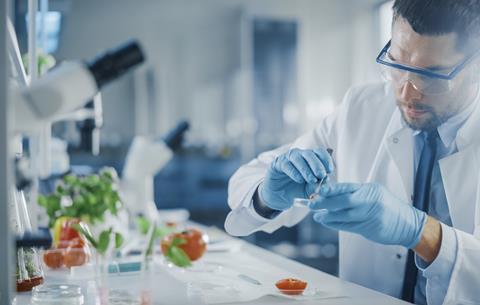New video sees researchers and farmers call upon members of European Parliament to embrace innovations and advance regulation of new genomic techniques

The American Seed Trade Association (ASTA) has released a new video featuring experts from across the agricultural supply chain on the transformative potential of new genomic techniques (NGTs).
It comes as the European Parliament prepares its hearings for the incoming College of Commissioners, with food security remaining a top priority.
According to the video, members of the EU Parliament (MEPs) ”need to act”, embracing NGTs for the good of European farmers, global food systems and the planet.
The video underscores how NGTs such as CRISPR are a boost to plant breeding by enabling efficient, more precise development of crops with desirable characteristics such as drought tolerance and disease resistance.
These innovations are crucial, it says, considering the increasing demand for sustainable, climate-resilient crops.
In the video, several areas are covered including efficiency and precision, food security and climate resilience, and barriers to access.
ASTA noted that, in light of the EU’s ongoing discussions around the use of NGTs, the video serves as a ”timely resource” for policymakers, researchers, and farmers in Europe to embrace the adoption of innovative technologies, which are ”essential for both the US and Europe’s agricultural sustainability and food production”.
Andy LaVigne, president and CEO of ASTA, emphasised the need to support evolving innovation in plant breeding on both sides of the Atlantic as a solution to today’s agricultural challenges.
“With climate change intensifying and the need for sustainable farming practices growing worldwide, plant breeding innovation offers a way forward,” he said.
”These genomic techniques provide us with the tools to not only ensure food security but also to develop improved varieties that are more resilient to environmental pressures.
”It is crucial that these technologies are fully utilised for the benefit of both farmers and consumers,” LaVigne added.



